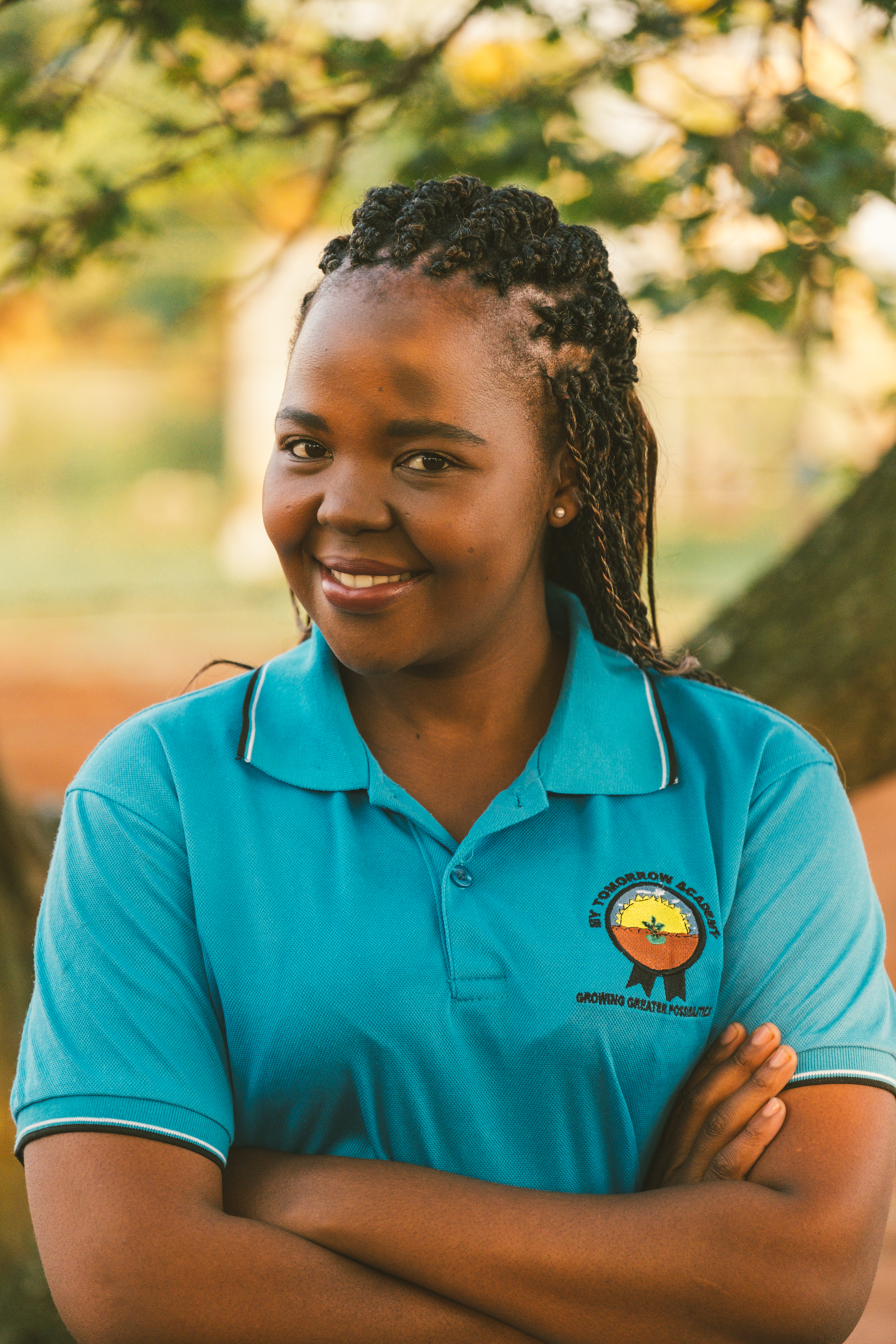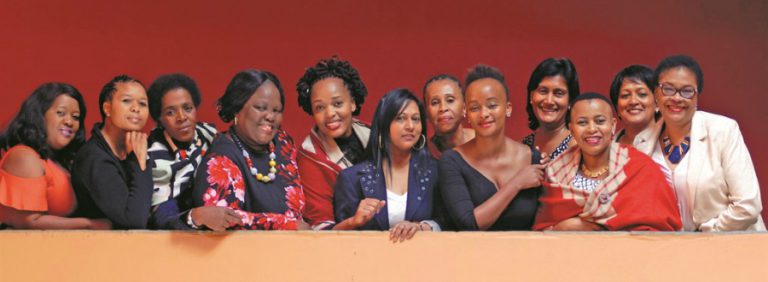Agriculture With a New Skill: Hope Mapheto’s story
Spending most of her life in the community of Ekurhuleni, Hope Mapheto has always wanted to be a part of a greater change hence why she ventured into social entrepreneurship. From a young age, she always found herself actively involved in the community projects facilitated by the church she attended while growing up, and that laid the solid foundation for her starting the successful farming initiative that she runs today.
“…entrepreneurs and SMME’s present the greatest growth opportunity for the South African economy and a major source of desperately needed job creation.”
South Africa’s unemployment rate still remains a growing concern amongst our society, especially after the impact that COVID-19 had (and still has) on small and big businesses. The youth are the most affected by unemployment, affecting 52,6% of this population. So, it is time for us as the youth to create opportunities for ourselves and really start to take ownership of our careers.
Although entrepreneurship comes with its challenges, Hope’s story (along with other young entrepreneurs’ stories) should serve as testimony or rather a guideline from which the youth can read and draw inspiration. After all, entrepreneurs and SMME’s present the greatest growth opportunity for the South African economy and a major source of desperately needed job creation.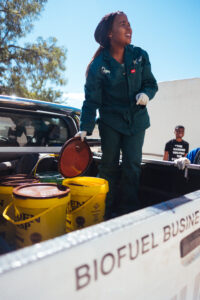
“Working a traditional job made me realise I am not cut for this 9-5 life.”
Hope grew up in Ekurhuleni where she attended Bonaero Park and Tersia King Learning Academy. She relocated to Limpopo where she completed her studies at Ngwana Mohube High School, and went on to complete her tertiary studies at Ekurhuleni West College, and secured an internship at the University of Pretoria. Hope states that having had experience in the traditional working world prior to starting her business was a blessing – she gained vast knowledge on how to run an entity. Moreover, she learned about which leadership style is best to have and how to not involve your emotions in problem-solving. But the most important lesson she learned is that entrepreneurship was embedded in her – “working a traditional job made me realise I am not cut for this 9-5 life.”
“Farming initiatives grew in the local area which gave her the opportunity to mentor and guide other aspiring farmers”
Hope, along with her fellow community mates, started their farming initiative in late 2017, and started farming their crops in 2020 due to the COVID-19 pandemic. Farming initiatives grew in the local area which gave her the opportunity to mentor and guide other aspiring farmers. They were faced with 2 main challenges; accessing affordable seedlings nearby and selling vegetable crops at the market where there is high competition. The 2-hour drive from their village to the stores was very costly, and to make matters worse, the prices escalated due to high demand. On the other hand, the market where they would sell their vegetable crops was saturated which forced them to sell their crops at a lower price but this was not good for business so they decided to sell seedlings as the business’ main offering.
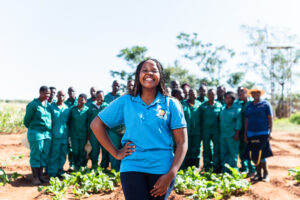
The business is currently doing very well, as they supply local households and commercial farmers with their seedlings. Hope wanted to start this youth-led farm initiative because of her love for social entrepreneurship and to empower her community. Hope believes that farming is something the youth can get involved in granted they are equipped with the necessary skills – “where we lack skills, we can fill in the gap by outsourcing agricultural experts.”
“There is so much versatility and flexibility. Not to mention, the unlimited room for innovation.”
Being a young entrepreneur, she says, does not only accelerate the rate at which you grow but you also learn to take responsibility and accountability for yourself and your actions, which is one of the key traits any great leader should have. She shares that there are so many exciting aspects in the entrepreneurial space that you rarely find in the traditional career path – “there is so much versatility and flexibility. Not to mention, the unlimited room for innovation.”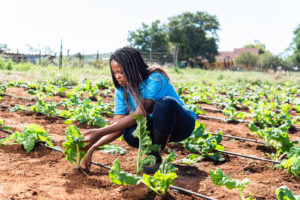
“Entrepreneurship is like a calling…”
Offering her advice to the youth, Hope urges those that are thinking of leaving their 9-5 to be realistic, success does not happen overnight. Learn as much as you can in the business you would like to venture into by getting a mentor to help guide and advise you in the right direction. Furthermore, do not resign and use your last savings to start your initiative, rather start it while you are still working your 9-5, and only when business starts booming and needs most of your time, do you leave.
Entrepreneurship is like a calling; you don’t venture into it because you see someone succeeding in that field or because it’s trending. The journey gets lonely (especially in the beginning stages), you will need a lot of determination and strength to not give up.
Pati Kwakwa is a Bachelor of Arts undergraduate and Business Management postgraduate who currently serves as the Research and Content Development Assistant Freelancer at Matoyana.
